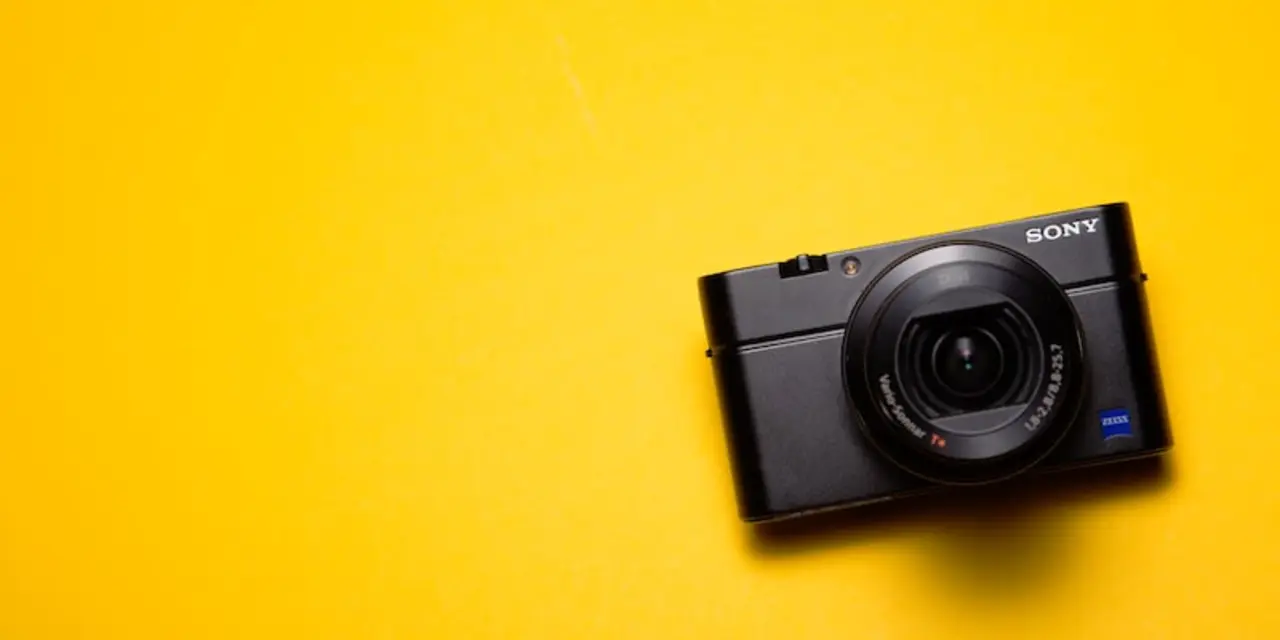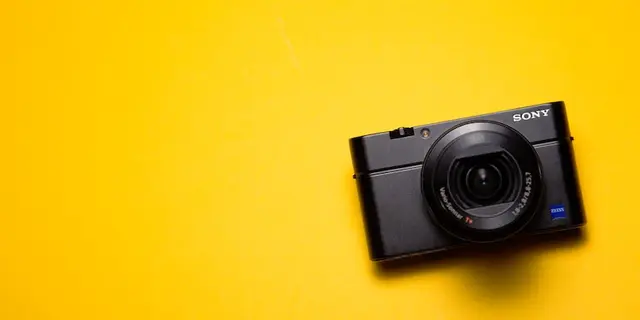The world of photography has changed drastically over the years with the introduction of digital cameras. But what are the differences between a conventional camera and a digital camera? Let’s explore the differences between these two types of cameras.
Film vs Digital
The main difference between a conventional camera and a digital camera is the type of film it uses. Conventional cameras use photographic film, which is a light-sensitive material that captures images when exposed to light. Digital cameras, on the other hand, use digital sensors to capture images, which are then stored on memory cards or other digital storage devices.
Cost
Another significant difference between conventional and digital cameras is the cost. Generally, conventional cameras are more expensive than digital cameras due to the cost of film and processing. Digital cameras, however, can be quite affordable and are usually cheaper than conventional cameras.
Image Quality
The quality of the images produced by each type of camera varies depending on the quality of the film or digital sensor used. Generally, conventional cameras produce higher quality images than digital cameras. This is because conventional cameras use higher quality film and are able to capture more light, resulting in better image quality.
Convenience
Finally, digital cameras are much more convenient than conventional cameras. With digital cameras, you can instantly view your photos on the camera’s LCD screen and delete any that you don’t like. You can also easily transfer photos to your computer or other devices with a memory card or USB cable. Conventional cameras, on the other hand, require you to wait for the film to be developed before you can view the photos.
In conclusion, there are many differences between conventional and digital cameras. While conventional cameras produce higher quality images, digital cameras are much more convenient and affordable. Ultimately, it is up to you to decide which type of camera best suits your needs.
Conventional Cameras
Conventional cameras, also known as film cameras, use 35 mm film to capture images. They can be used to create a variety of effects, including black and white, sepia, and cross-processing. They typically have manual controls, which allow the photographer to adjust shutter speed, aperture, and film speed. Many conventional cameras also have built-in light meters, which help the photographer to determine the correct exposure settings.
Pros
- The quality of the images produced by a conventional camera is often superior to those produced by a digital camera.
- The cost of film and processing is often lower than the cost of digital storage.
- Film cameras are more durable than digital cameras and can withstand more wear and tear.
- Film cameras are easier to use than digital cameras, since they usually require less technical knowledge and skill.
Cons
- The cost of film and processing can be expensive.
- Film cameras are not as portable as digital cameras.
- It is not possible to view a photo immediately after it is taken.
- The photographer must wait for the film to be developed to see the results.
Digital Cameras
Digital cameras use digital sensors to capture images. They typically have automatic controls, which allow the photographer to set the camera to take the best shot possible. They also have built-in memory cards, which allow the photographer to store and transfer photos to a computer. Digital cameras typically produce higher quality images than conventional cameras.
Pros
- Digital cameras are usually more portable than conventional cameras.
- It is possible to view photos immediately after they are taken.
- The cost of digital storage is usually lower than the cost of film and processing.
- Digital cameras are usually easier to use than conventional cameras.
Cons
- The quality of the images produced by a digital camera is often lower than those produced by a conventional camera.
- Digital cameras are more fragile than conventional cameras and can be easily damaged.
- Digital cameras require more technical knowledge and skill to use than conventional cameras.
- The cost of digital storage can be expensive.


